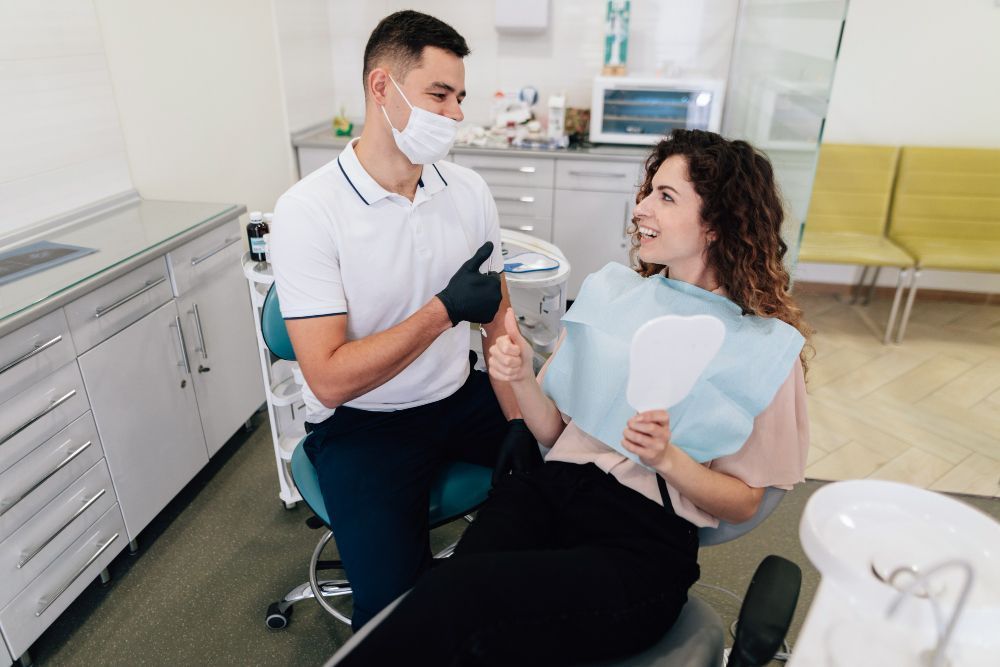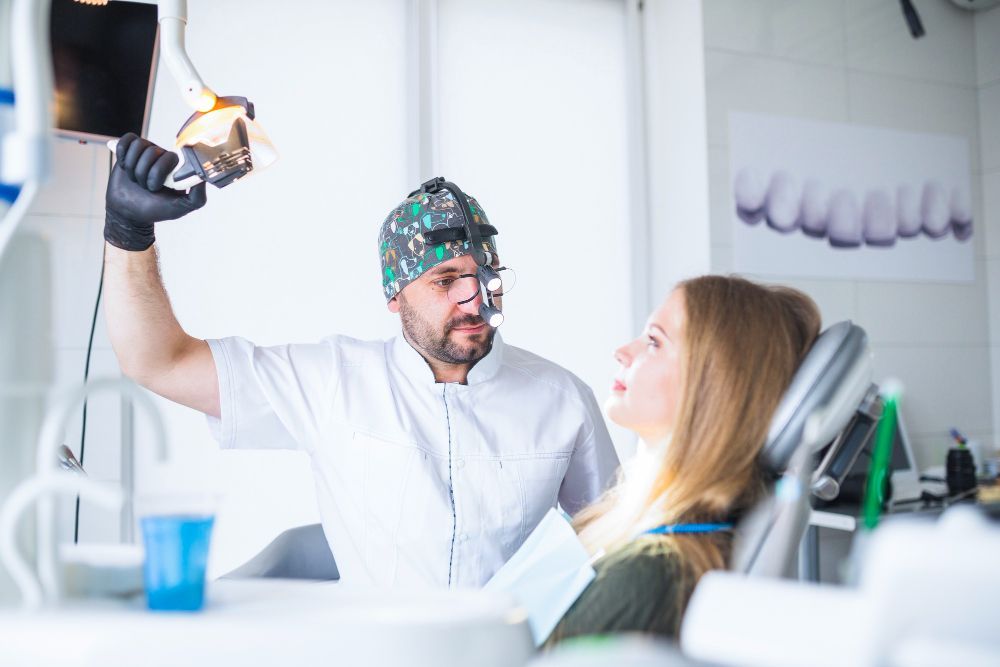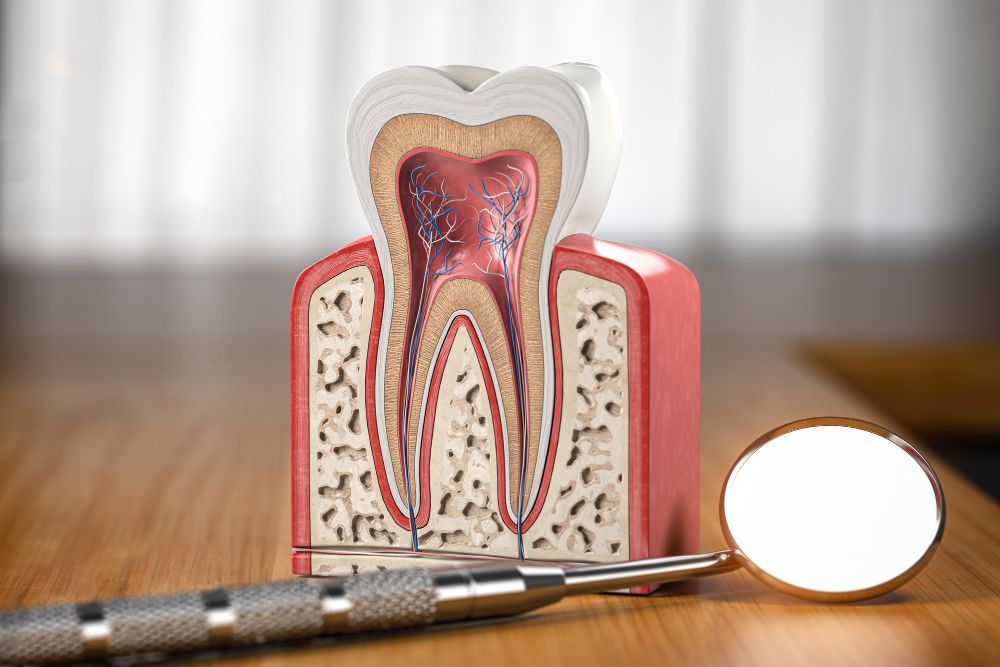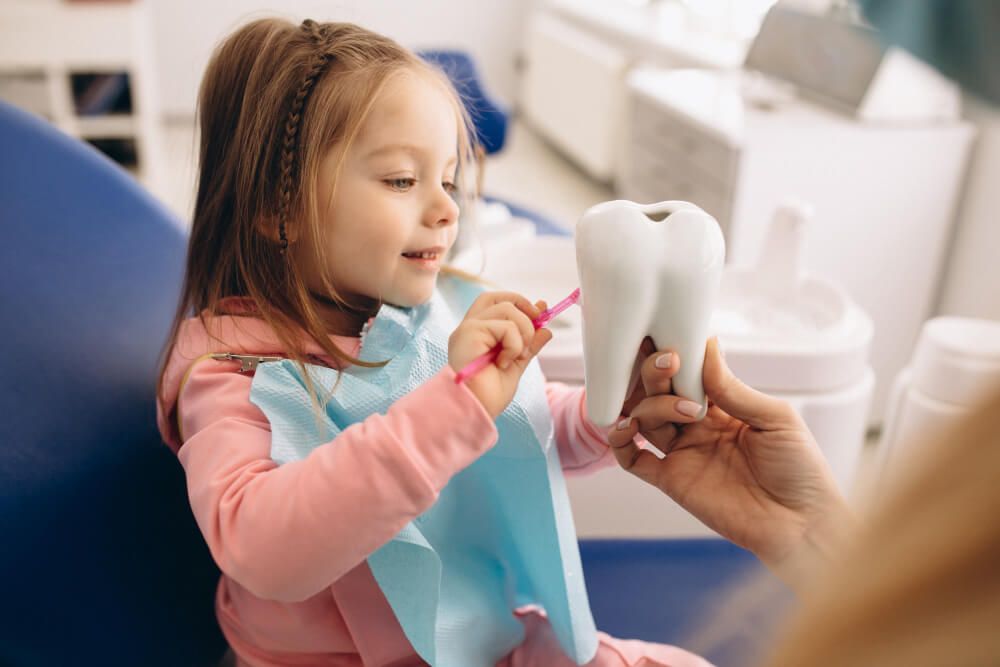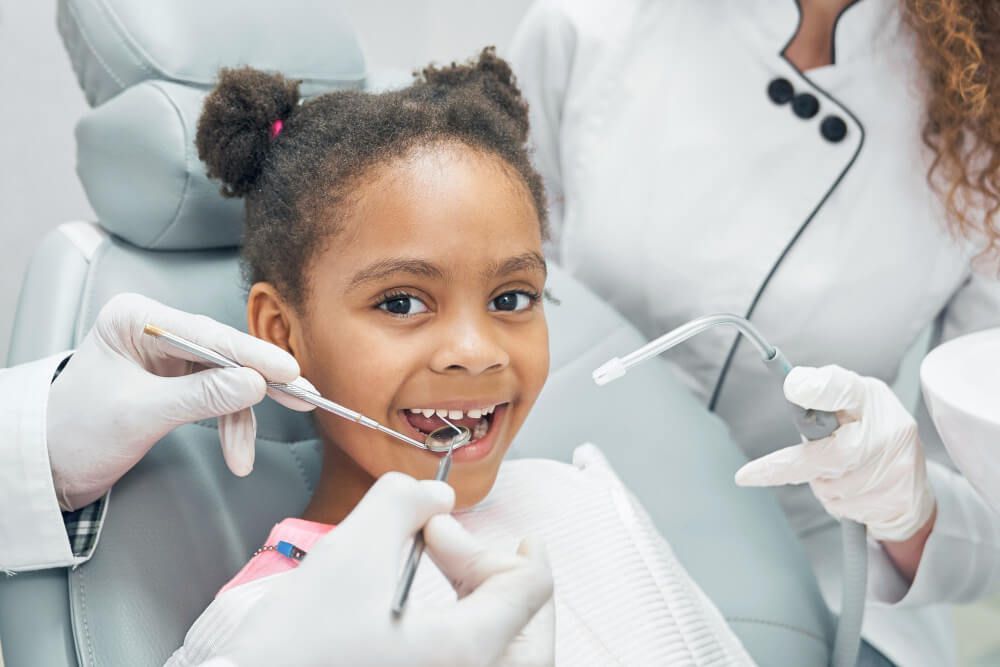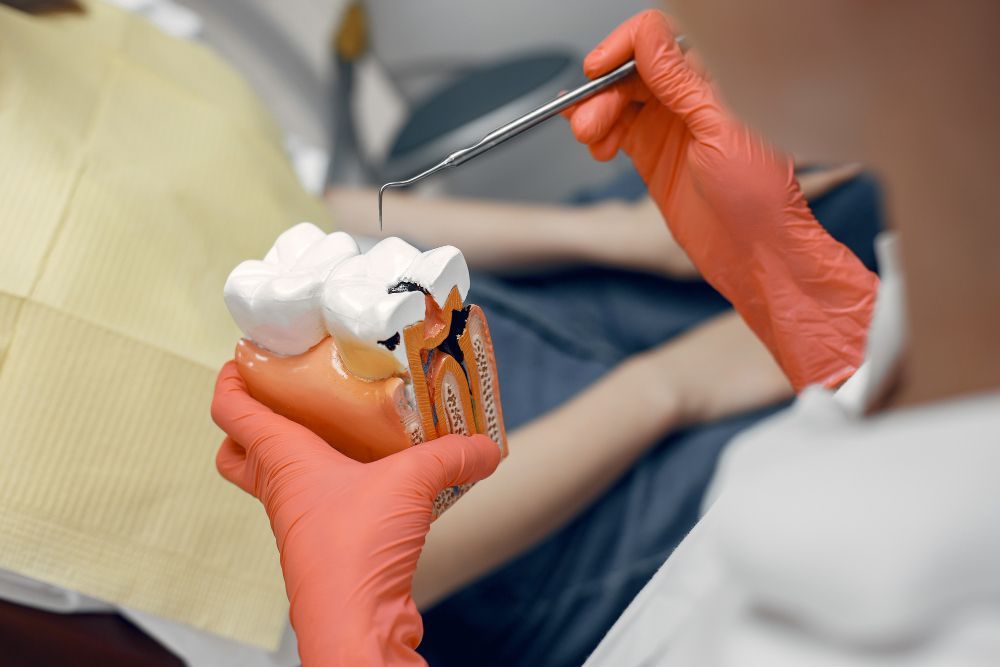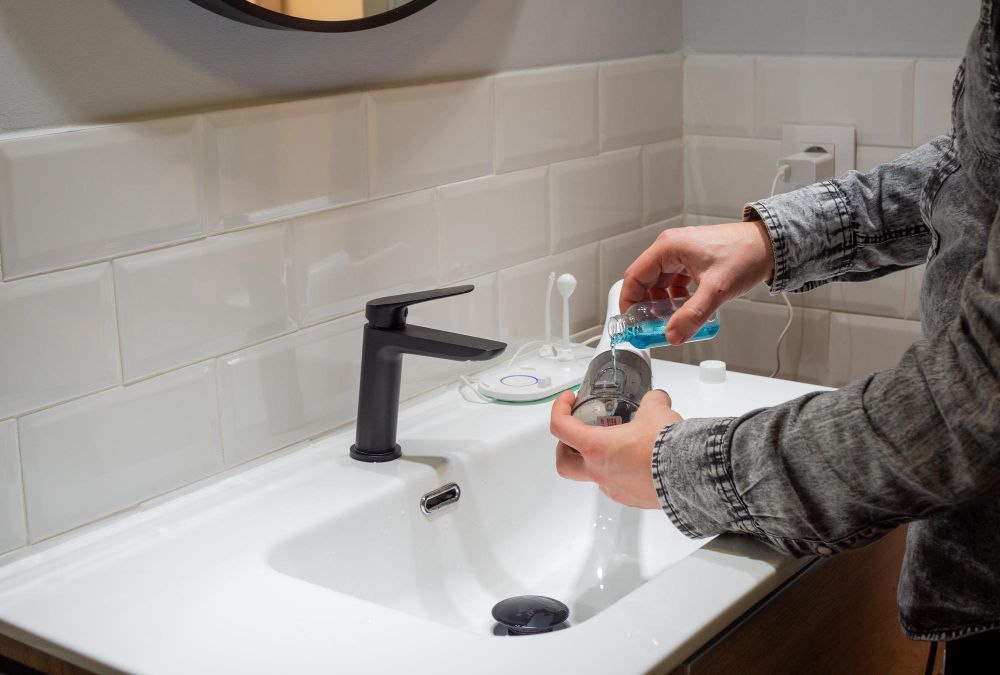How to Remove Plaque from Teeth
How to Remove Plaque from Teeth
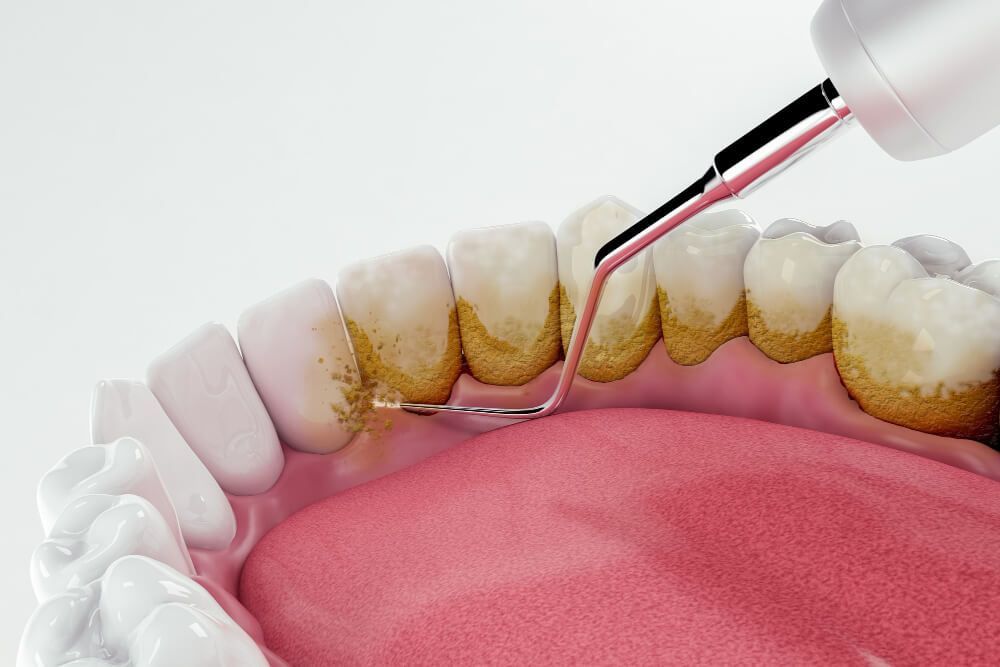
When it comes to maintaining good oral health, removing plaque from teeth is of utmost importance. Plaque, a sticky film of bacteria, can build up on teeth and gums, leading to various dental issues such as cavities, gum disease, and bad breath. In this article, we will discuss effective methods and techniques to remove plaque from teeth, ensuring a healthy and confident smile.
Before delving into the removal techniques, it's essential to understand what plaque is and how it forms. Plaque is a biofilm that develops on the teeth, consisting of bacteria, saliva, and food particles. If not removed regularly, it hardens into tartar, which cannot be eliminated through regular brushing and flossing.
Brushing
Brushing your teeth twice a day using fluoride toothpaste is the foundation of good oral hygiene. Make sure to use a soft-bristled toothbrush and gentle circular motions to clean all surfaces of your teeth effectively. Pay extra attention to the gum line and the back teeth, as these areas are more susceptible to plaque buildup.
Flossing Habit
Flossing is as crucial as brushing when it comes to plaque removal. Dental floss can reach between teeth and along the gum line, where the toothbrush bristles may not access. Make flossing a daily habit, and you'll significantly reduce the chances of plaque accumulation.
Mouthwash
Incorporating an antibacterial mouthwash into your daily oral care routine can provide an extra layer of protection against plaque-causing bacteria. Swishing with mouthwash after brushing and flossing helps to rinse away residual plaque and leaves your mouth feeling fresh.
Reducing Smoking
Smoking not only stains your teeth but also contributes to an increase in plaque formation. The chemicals in tobacco products can damage your gums, making them more susceptible to plaque buildup. Quitting smoking is not only beneficial for your overall health but also for your oral health.
Healthy Diet
A balanced diet is essential for maintaining oral health and preventing plaque buildup. Avoid excessive consumption of sugary and starchy foods, as these can feed the bacteria responsible for plaque formation. Instead, opt for a diet rich in fruits, vegetables, and calcium to keep your teeth strong and plaque-resistant.
Professional Dental Cleanings
Regular dental check-ups and professional cleanings are crucial for keeping plaque at bay. Dentists and dental hygienists have the tools and expertise to remove plaque and tartar that cannot be eliminated through regular brushing and flossing.
Natural Remedies
Some natural remedies can complement your oral care routine and aid in plaque removal. Oil pulling with coconut oil, using baking soda as a toothpaste, and chewing sugarless gum with xylitol are a few examples of natural methods that may help reduce plaque.
Dental Tools: Brushes, Picks, and More
Various dental tools, such as interdental brushes and dental picks, can be used to clean hard-to-reach areas between teeth and around braces or dental work. These tools are especially helpful for individuals with orthodontic appliances.
Plaque-disclosing tablets or solutions can be used to identify areas in your mouth where plaque is accumulating. This visual aid helps you improve your brushing and flossing techniques, ensuring a more effective removal of plaque.
The Connection Between Plaque and Gum Disease
Untreated plaque buildup can lead to gum disease, also known as periodontal disease. Gum disease is a severe condition that can result in tooth loss and other health complications. Regular plaque removal is essential to prevent gum disease and maintain healthy gums.
Conclusion
Maintaining a plaque-free smile is crucial for optimal oral health. By following a consistent oral care routine, incorporating healthy habits, and seeking professional dental care, you can effectively remove plaque from your teeth and enjoy a bright and healthy smile for years to come.
